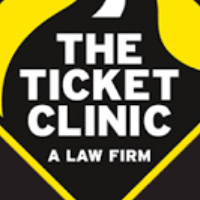Tampa Felony Lawyer, Florida
Sponsored Law Firm
-
 x
x

Click For More Info:
-
Joseph A. Gasparro, PA
813 Jackson Rd Jacksonville, FL 32225» view mapCriminal Defense Law Serving the Best Interests Of Our Clients
When you need accurate representation for criminal defense issues, Joseph Gasparro is there for you.
800-971-8621
FREE CONSULTATION
CONTACTFREE CONSULTATION
CONTACTFREE CONSULTATION
CONTACTFREE CONSULTATION
CONTACTMichael Celso Gonzalez
Criminal, Accident & Injury, Felony, Medical Malpractice
Status: In Good Standing Licensed: 34 Years
FREE CONSULTATION
CONTACTDina Busciglio Sheridan
Domestic Violence & Neglect, Felony, DUI-DWI, Criminal
Status: In Good Standing Licensed: 22 Years
Victoria Ann Holmberg
Criminal, DUI-DWI, Felony, Misdemeanor
Status: In Good Standing Licensed: 26 Years
 Joseph Gasparro Jacksonville, FL
Joseph Gasparro Jacksonville, FL AboutJoseph A. Gasparro, PA
AboutJoseph A. Gasparro, PA Practice AreasExpertise
Practice AreasExpertise

